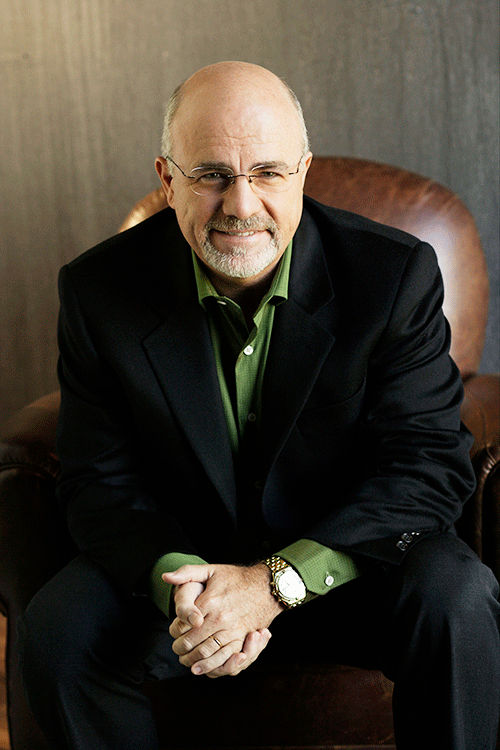
Is Rent to Own OK?
Dear Dave,
Is it okay to buy something using a rent-to-own plan?
Josh
Dear Josh,
I advise against rent-to-own deals. Rent-to-own places get people in the door with promises of low monthly or weekly payments. But when it comes to rent-to-own furniture, washer and dryer sets, and that kind of thing, you’ll end up paying much, much more than if you saved up and bought item outright. The amount you’ll pay out of pocket is even more ridiculous if you compare it to buying the same item, slightly used, somewhere else.
I don’t recommend rent-to-own scenarios when it comes to buying a home, either. Most of those offerings are listed at full retail price and then some. Plus, the contracts are tilted toward the seller’s side of the equation. And very few people who sign a rent-to-own home deal follow through and become homeowners.
When it comes to real estate deals, the only thing I would consider — other than an outright cash purchase — is leasing with an option to buy. That’s different than rent-to-own, because in a rent-to-own situation you’ve committed to purchase. On a lease with an option to buy deal, you have the right to purchase, but not the obligation.
Josh, most of the people who use rent-to-own deals are not in good financial shape. They’re deeply in debt, and they have no money. Rent-to-own ensures they’ll stay there.
—Dave
Disability insurance elimination period?
Dear Dave,
I’m looking at long-term disability insurance policies. What does the term “elimination period” mean?
Glen
Dear Glen,
The elimination period is, by definition, the time from the point you’re declared disabled by a doctor until you begin receiving payments from the insurance company. If you have a 90-day elimination period, it will be about that long from the time you’re officially declared disabled until you see your first check.
I recommend 90- to 180-day elimination periods, depending on what kind of financial shape you’re in, and how much money you have stashed away in savings, investments, and your emergency fund. If you have a fully-loaded emergency fund of three to six months of expenses — and you have little or no debt, plus other money stashed away — you should be able to carry a policy with a longer elimination period.
And remember, the longer the elimination period, the lower your premiums will be. Hope this helps, Glen!
—Dave
* Dave Ramsey is CEO of Ramsey Solutions. He has authored seven best-selling books, including The Total Money Makeover. The Dave Ramsey Show is heard by more than 13 million listeners each week on 585 radio stations and multiple digital platforms. Follow Dave on the web at daveramsey.com and on Twitter at @DaveRamsey.